Is a Concussion Causing Your Vision Problems?
A concussion isn't an injury that you should take lightly. In can cause many problems, including issues with your vision. If you are experiencing vision problems or have suffered a concussion recently, here is what you need to know.
What Is a Concussion?
A concussion is a traumatic head injury usually caused by a blow to the head. This impact causes the brain to move back and forth in the skull rapidly, causing damage. One way to think of a concussion is to think of it as a bruise on the brain. Similar to a bruise on your body, your brain can get 'bruised' from the impact on the interior of your skull.
It should be noted that the impact doesn't need to be severe for a concussion to occur. Even a mild impact can cause a concussion that could cause long-lasting problems. These are often more dangerous than severe cases, as many people may not even realize they have a concussion until it worsens.
The Symptoms of a Concussion
The symptoms of a concussion can include:
- Blackouts
- Fatigue
- Disorientation
- Difficulty balancing
- Confusion
- Nausea
- Double vision
- Vomiting
- Amnesia
Symptoms can be both mild or severe, and they can last as little as a few hours or as long as a few months.
How Concussions Cause Vision Problems
Trauma to the head can cause many effects on the visual system, even if scans show no apparent damage. The symptoms that can cause
double vision, dizziness, and eye coordination problems after a concussion are often called post-trauma vision syndrome.
The main symptoms of this condition include:
- Trouble walking
- Trouble focusing
- Headaches
- Dizziness
- Double vision
It's been suggested that the patients who experience the most severe cases of post-trauma vision syndrome have had noted trouble in their visual systems.
Double Vision
If you are experiencing double vision, it could be a sign that your concussion is more severe, and you need to have a professional evaluation as soon as possible.
If serious damage is ruled out, treatment should begin by treating the visual issues as it can be extremely disorienting on its own.
Other Vision Problems
Aside from double vision, other notable visual-related issues have been noted to follow some concussions. These include:
- Blurred vision
- Difficulty reading or focusing
- Sensitivity to light
- Problems with peripheral vision and visual perception
What Causes Vision Problems After a Concussion?
The reasons for vision difficulties after a concussion are a lack of blood supply and damage to neural pathways. For example, when you read a book, your brain is processing visual cues and reading comprehension. This requires increased blood flow, which inflammation can hinder after a concussion. This disrupts the neurons from sending the appropriate signals because they don't have enough energy providing oxygen.
Will It Get Better?
When vision is impacted after a concussion, it will likely improve over time, but it's also possible that it could worsen. Sometimes symptoms will only appear during stressful situations or periods of illness. In some cases, the problems can get better, but only after a long enough healing period.
While most symptoms of a concussion last only a couple of weeks, if you experience symptoms for more than 6 weeks, it's unlikely that it will improve on its own.
Who You Should Talk To
You may think that the first person you should go to is your eye doctor; however, you'll want to find one who specializes in rehabilitation after a brain injury. They will often utilize therapy to help improve your vision problems. Other fixes can include wearing prescribed prism glasses or special lenses to help mitigate light sensitivity.
Don't Wait To Get Help
If you have suffered a head injury and are now experiencing any of these symptoms, don't wait to seek help. Concussions are a serious medical problem, and they require medical treatment to ensure that nothing too severe has occurred. Speak to your doctor as soon as possible or head to your local urgent care or emergency center to get a head start on your treatment.


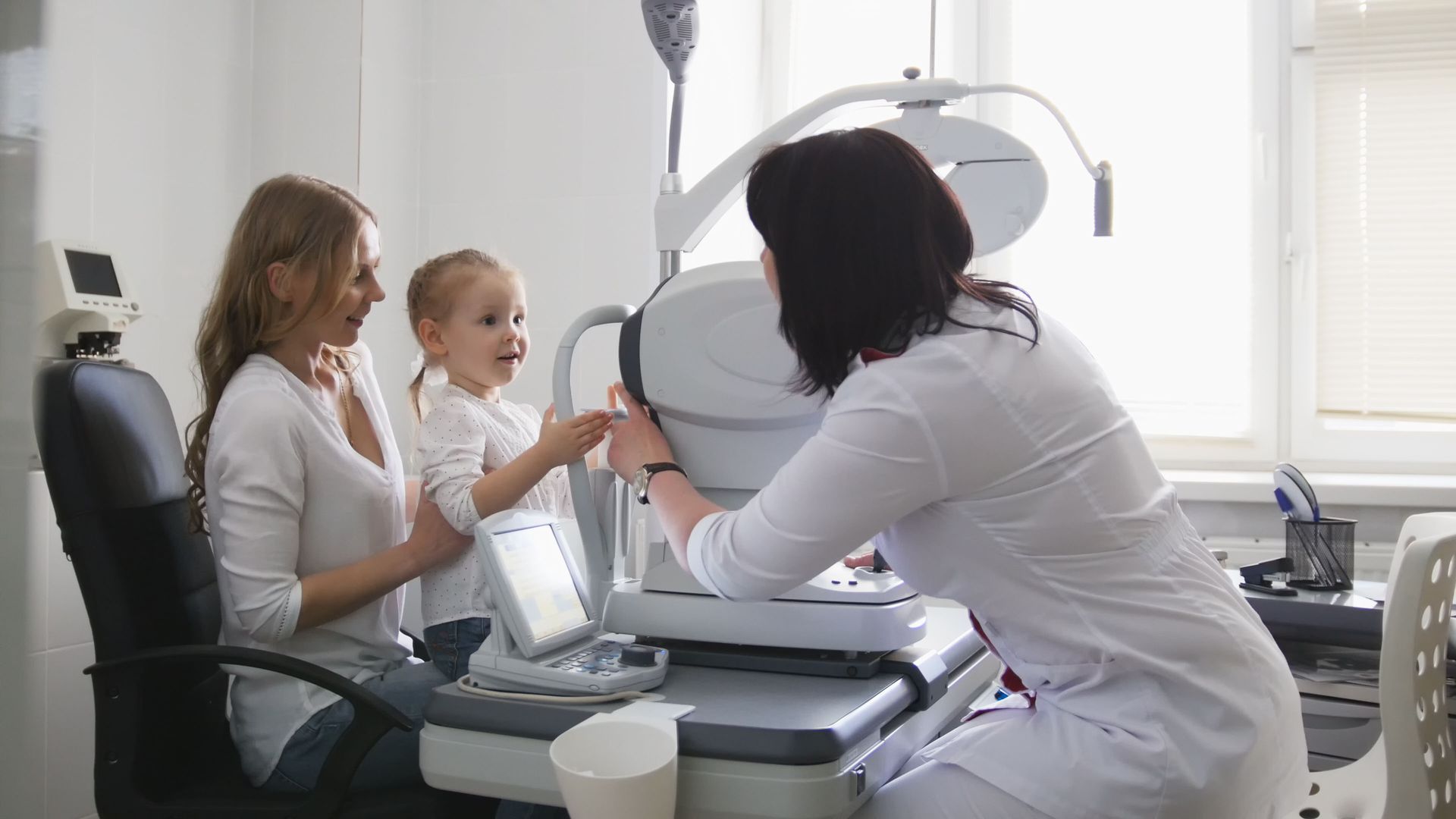
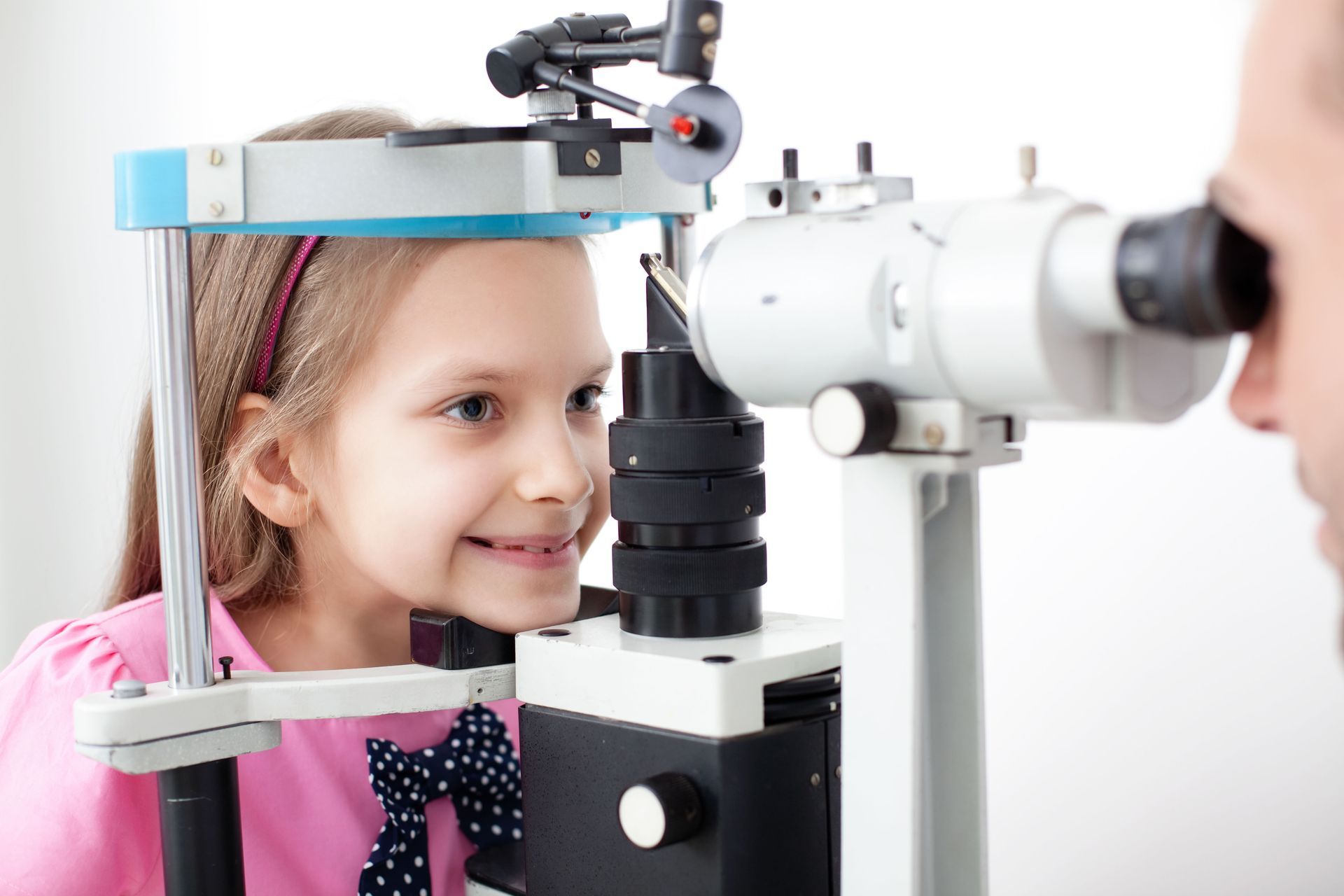

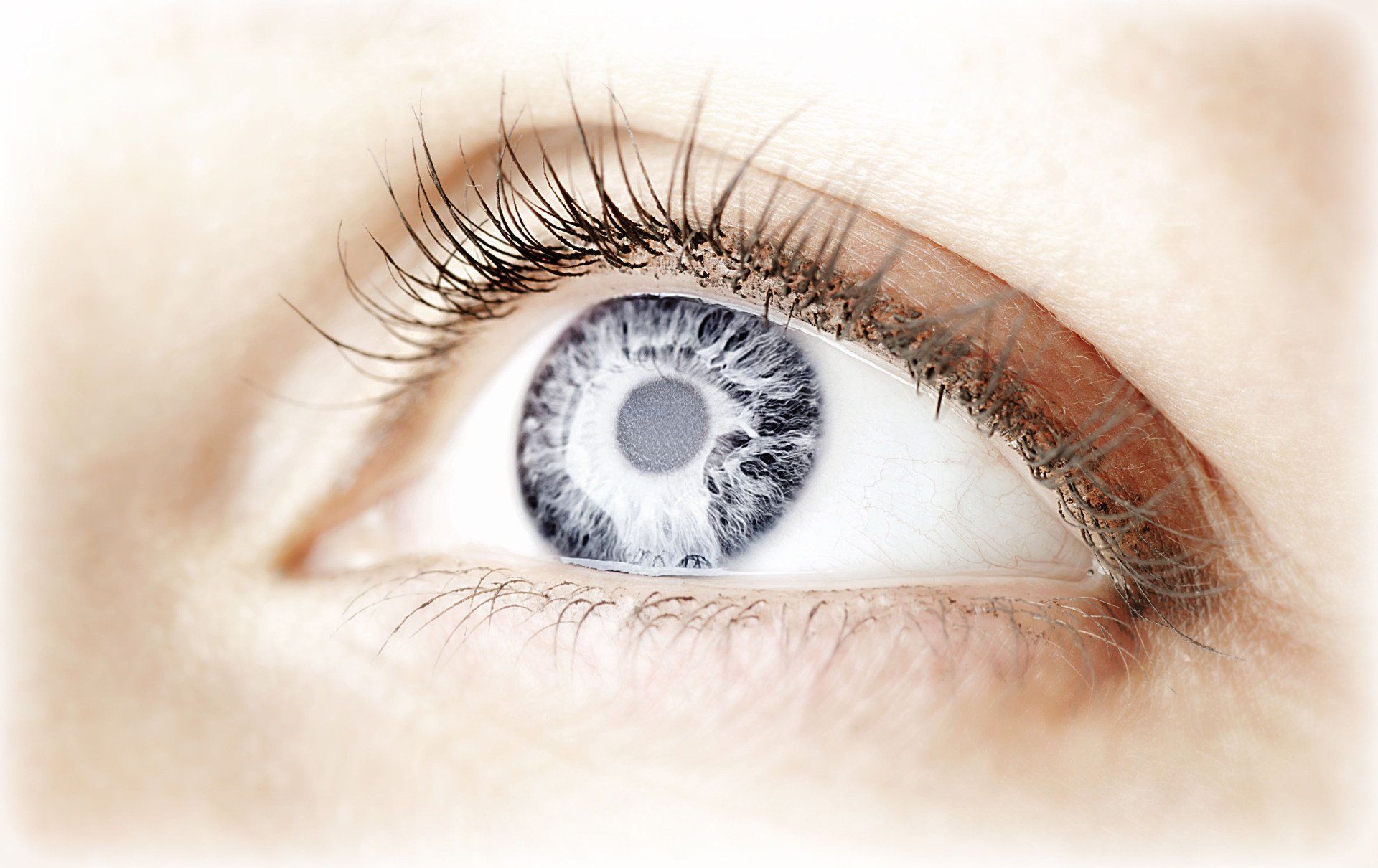


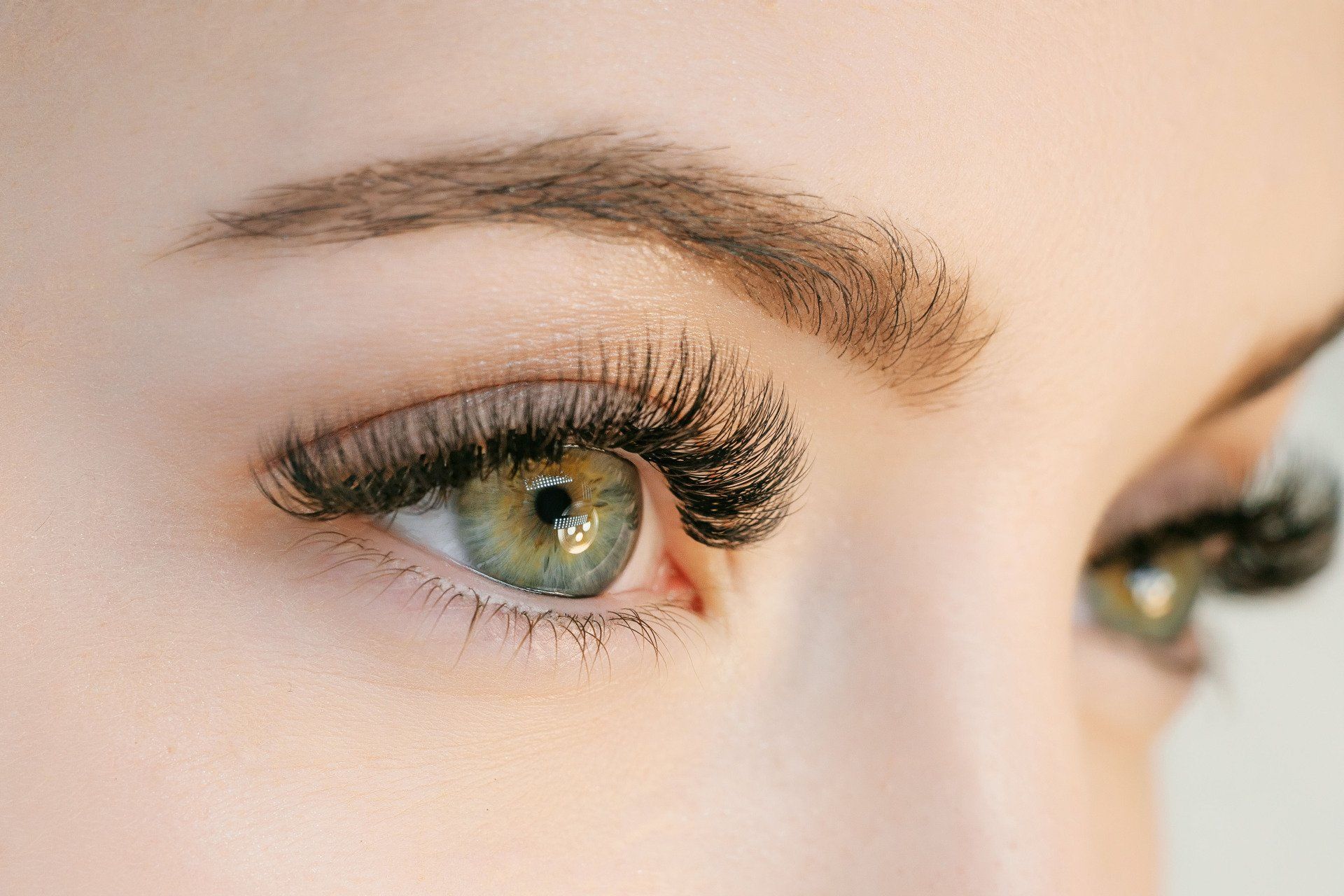
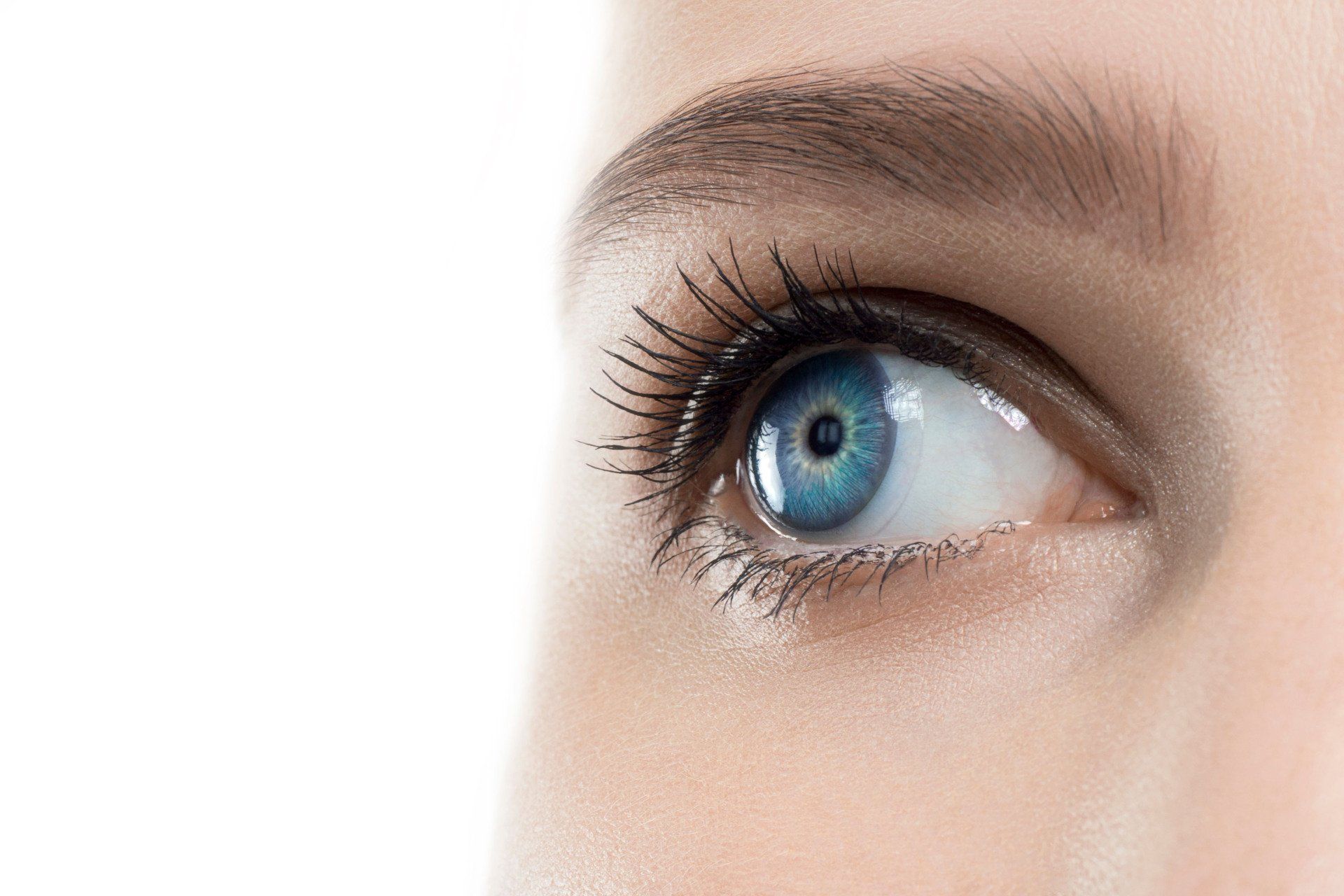

Share On: